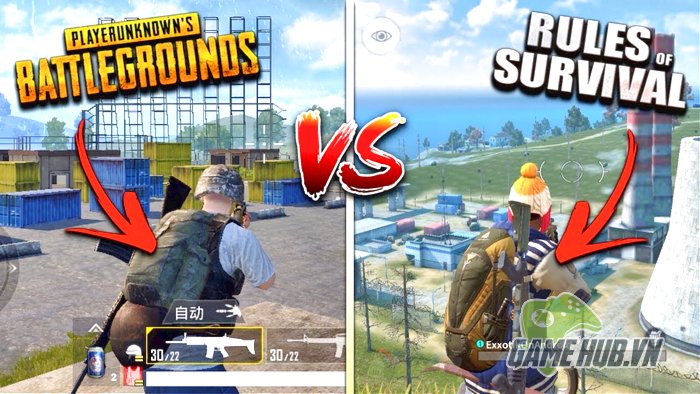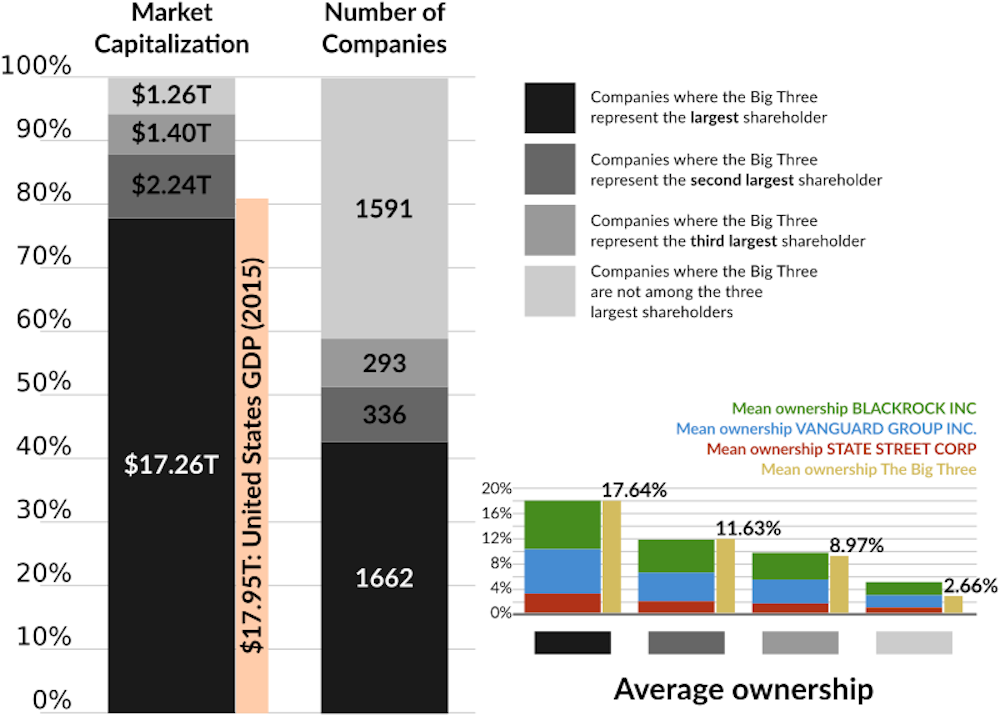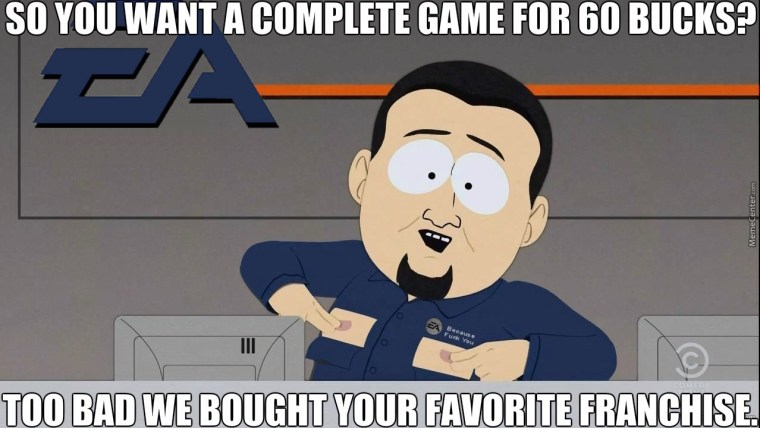The main reason in my eyes is that the 'games as a service' bullshit that is running wild in the industry at the momentonly works if you build up enough hype by either a big marketing machinery or using an already established IP. Indie developers don't have any of that. There are also scammers in the Indie community, but in the triple A business there's next to no decent developer left
Indie devs means independent but I agree with the sentiments. Big indies includes Bungie who recently split from Activision and then ofc CD Projekt Red (CyberPunk 2077, The Witcher 3 & GOG digital distribution platform). GOG is the pro-consumer alternative to Steam.
Technically, indie devs are developers that do not depend on external sources to sustain themselves, funding their projects with their own resources.
In theory, this gives them much greater creative control over their projects, as they don't need to satisfy publishers, executives, marketing people and so on.
Generally speaking, people tend to consider "indie" studios that are relatively small, the expression applies to any studio that fund themselves their development and fulfil it without any agreements that interfere with the game being made.
https://www.quora.com/Whats-the-definition-of-indie-developer
Tweet from industry veteran Jason Schreier tells of Bungie staff cheering loudly at the announcement of split from Activision:
https://twitter.com/jasonschreier/status/1083474033033777152
@jasonschreier
At today's meeting announcing the news, Bungie staff cheered loudly. Can't over-emphasize how happy they are not just to get away from Activision, but to have a game that they now own completely. Imagine a Destiny free from Activision's restrictive annualized schedule!
Reddit:
https://www.reddit.com/r/pcgaming/comments/bxjcd1/destiny_2_is_moving_to_steam_on_september_17_free/
InquisitorAles
I love how Luke trolled and said "Someone said that we need an EPIC partner" when they announced it's coming to Steam - https://www.twitch.tv/bungie/clip/DignifiedInterestingMonkeyMcaT

At this point, it's obvious crony capitalism hijacked the AAA gaming industry which are taking advantage of people's brand attachment.
The sustainable future for AAA gaming?
https://gamasutra.com/blogs/author/KevinMurphy/1001884/
https://gamasutra.com/blogs/KevinMurphy/20171206/310930/What_Conscious_Capitalism_can_teach_AAA.php
What 'Conscious Capitalism' can teach AAA
*SNIP*
The book is filled with case studies on how profit-driven CEOs ran once-successful companies into the ground by striving solely to create shareholder value, and not caring about the other stakeholders (meaning anyone who has any interest in the business, including customers, employees, the government, and even the environment) of the business.
Reading it, I couldn't help but draw parallels with how EA, Activision, and Warner Bros. have been milking their once loyal and enthusiastic customers to the point of maximum frustration and past ethical boundaries. They’re burning bridges with former fans in the hopes of maximizing returns this fiscal year.
*SNIP*
Wait, isn’t this a games blog? Get to the point!
Okay! So clearly EA and other AAA publishers, judging by their actions of the last few months and years, still subscribe to the Friedman school of business ethics, and they’re losing their supporters in droves. Even those that stick around and pay are hardly becoming ardent fans of the companies.
Then take a company like CD Projekt Red, creators of The Witcher series, who, to date, have seemed perfectly happy to offer outstanding value to their customers and who truly invest in the intangible ‘Goodwill’ line of the Balance Sheet (yes, it’s a thing on the balance sheet, but how do you really calculate it? (rhetorical question)).
Their core $60 experience in The Witcher 3 was over 70 hours of gameplay with no microtransactions. Then along came two expansion packs (pay once, play forever model) of 10-20 hours each! Not a microtransaction or loot crate in sight!
They clearly care about customer satisfaction to a degree that the other major games publishers can’t claim. This gives them so many intangible benefits, including customer loyalty, more predictable sales numbers, and free marketing via positive word of mouth.
Note: CD Projekt aren't a perfect example because they're known to have some internal problems with crunch time, and employee welfare is a core part of the Conscious Capitalism approach. Still, they're still probably the best example, and nobody's perfect.



 Denmark
Denmark


 (pay to win coming back?)
(pay to win coming back?)






 SturmTigerCobra
SturmTigerCobra
 ihitto(wwU)
ihitto(wwU)
 PanzerGrenadierAngreifen
PanzerGrenadierAngreifen
 TheMachine
TheMachine







 보드카 중대
보드카 중대 